
The FDA has approved cabozantinib (Cabometyx, Exelixis) as a treatment for patients with hepatocellular carcinoma (HCC) who previously received sorafenib (Nexavar, Bayer).

The FDA has approved cabozantinib (Cabometyx, Exelixis) as a treatment for patients with hepatocellular carcinoma (HCC) who previously received sorafenib (Nexavar, Bayer).

The FDA has granted an accelerated approval to larotrectinib (Vitrakvi, Loxo Oncology) for the treatment of adult and pediatric patients with solid tumors that have an NTRKgene fusion without a known acquired resistance mutation, are metastatic or where surgical resection is likely to result in severe morbidity, and have no satisfactory alternative treatments or that have progressed following treatment.

The FDA has granted an accelerated approval to larotrectinib for the treatment of adult and pediatric patients with solid tumors that have an NTRK gene fusion.

Lorlatinib approved for patients with ALK-positive metastatic NSCLC who have progressed on crizotinib (Xalkori) and at least 1 other ALK inhibitor for metastatic disease.

The FDA has granted lorlatinib (Lorbrena) an accelerated approval for the treatment of patients with ALK-positive metastatic non–small cell lung cancer (NSCLC) who have progressed on 1 or more ALK tyrosine kinase inhibitors.

Officials with the FDA have approved duvelisib (Copiktra) for the treatment of patients with relapsed/refractory chronic lymphocytic leukemia/small lymphocytic lymphoma (CLL/SLL) or relapsed/refractory follicular lymphoma.

Lenvatinib (Lenvima) has been granted approval by the FDA as a first-line treatment for patients with unresectable hepatocellular carcinoma.

The FDA has approved iobenguane I-131 (Azedra) for adult and pediatric patients aged ≥12 years with iobenguane scan–positive, unresectable, locally advanced or metastatic pheochromocytoma or paraganglioma who require systemic anticancer therapy.

The FDA has approved iobenguane I-131 (Azedra) for adult and pediatric patients aged ≥12 years with iobenguane scan–positive, unresectable, locally advanced or metastatic pheochromocytoma or paraganglioma (PPGL) who require systemic anticancer therapy.

The FDA has granted an accelerated approval to the combination of nivolumab (Opdivo) and ipilimumab (Yervoy) for the treatment of eligible patients aged 12 years and older with microsatellite instability-high or mismatch repair deficient metastatic colorectal cancer (mCRC).


In a study presented at ASCO, Cemiplimab shows substantial activity and durable responses with an acceptable safety profile in treatment of metastatic cutaneous squamous cell carcinoma.

Pegilodecakin (AM0010) with nivolumab (Opdivo) or pembrolizumab (Keytruda) induced an overall response rate in 41% in patients with advanced non–small cell lung cancer, according to findings presented at the 2018 ASCO Annual meeting.

The FDA previously approved abemaciclib for use in combination with fulvestrant in women with HR+/HER2- advanced breast cancer with disease progression following endocrine therapy.

Officials with the FDA have approved obinutuzumab (Gazyva, Genentech) in combination with chemotherapy, followed by obinutuzumab alone, for the first-line treatment of patients with advanced follicular lymphoma, according to the company's press release.
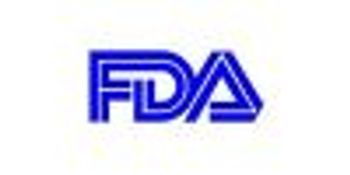
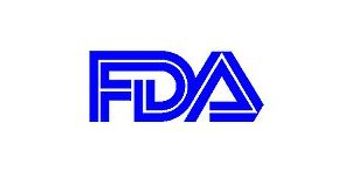
Officials with the FDA have issued a historic approval of the first Chimeric Antigen Receptor (CAR) T-Cell Therapy to be available in the United States.
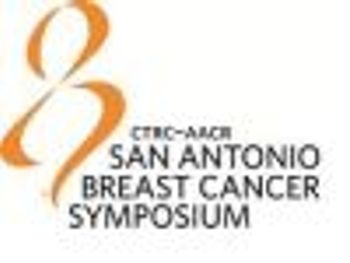
Eight-year follow-up data from the phase III HERA trial has confirmed that 1-year of adjuvant trastuzumab should remain the treatment standard in women with HER2-positive early-stage breast cancer.
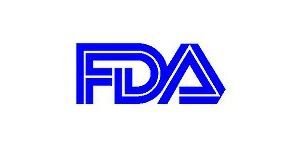
Published: August 30th 2017 | Updated:
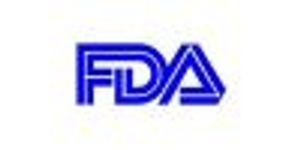
Published: September 1st 2017 | Updated:

Published: November 17th 2017 | Updated:

Published: July 3rd 2018 | Updated:

Published: July 11th 2018 | Updated:

Published: July 31st 2018 | Updated: